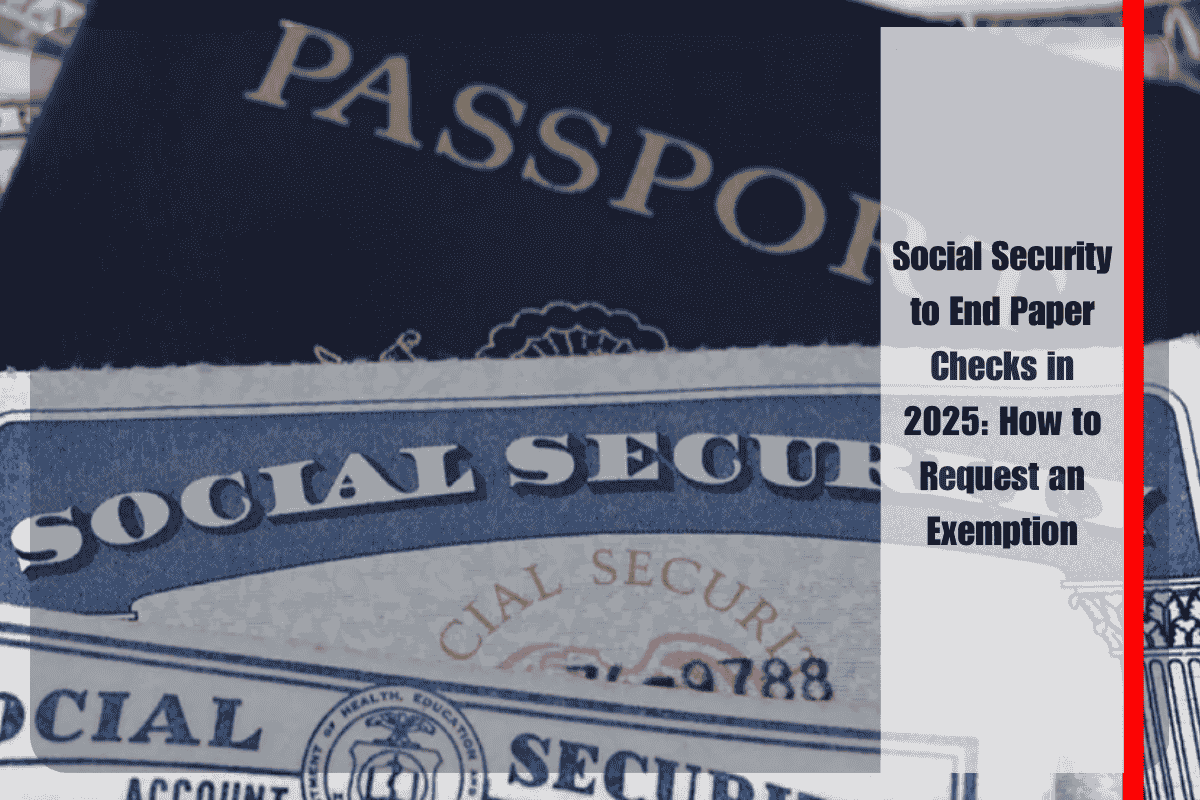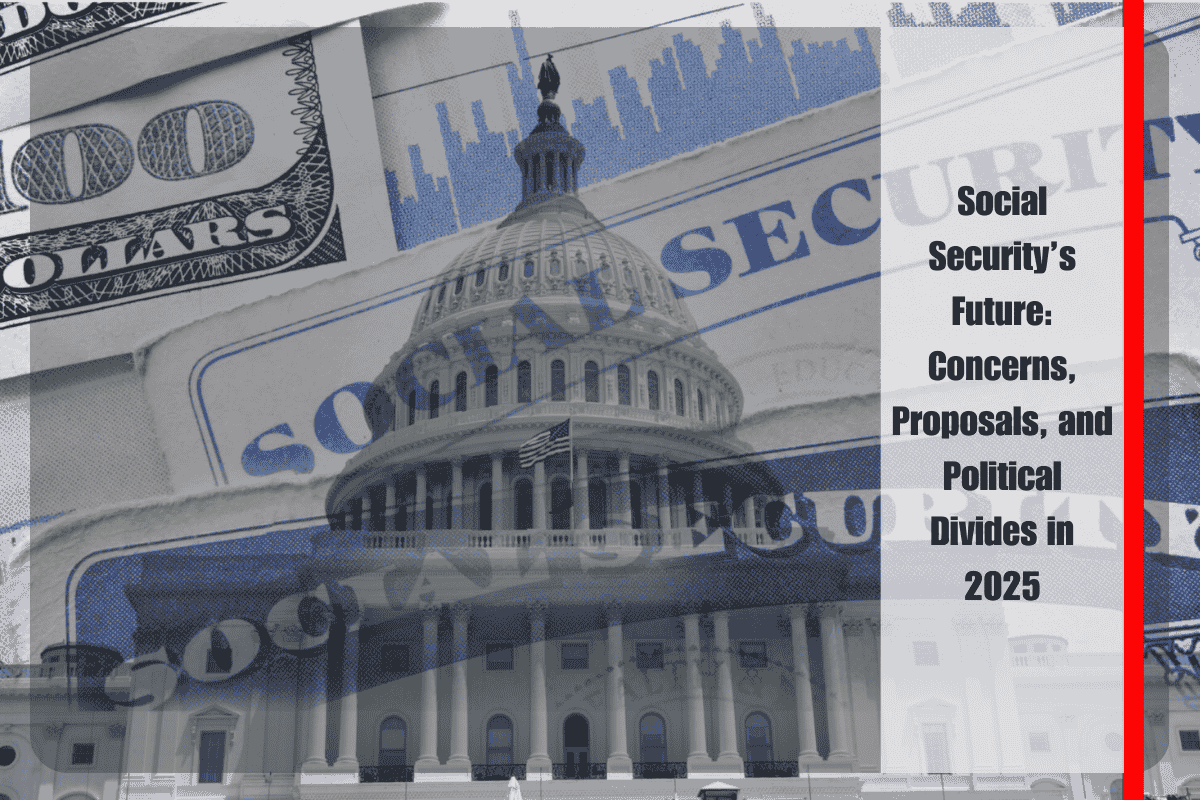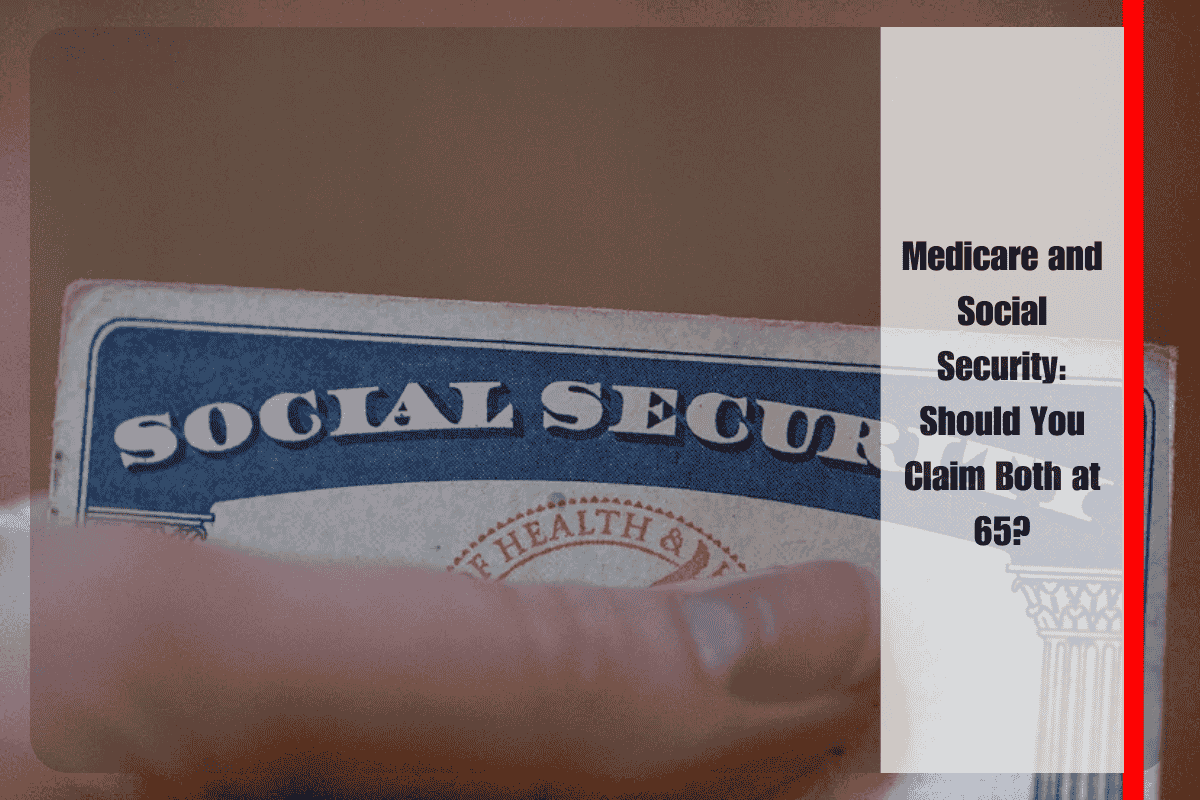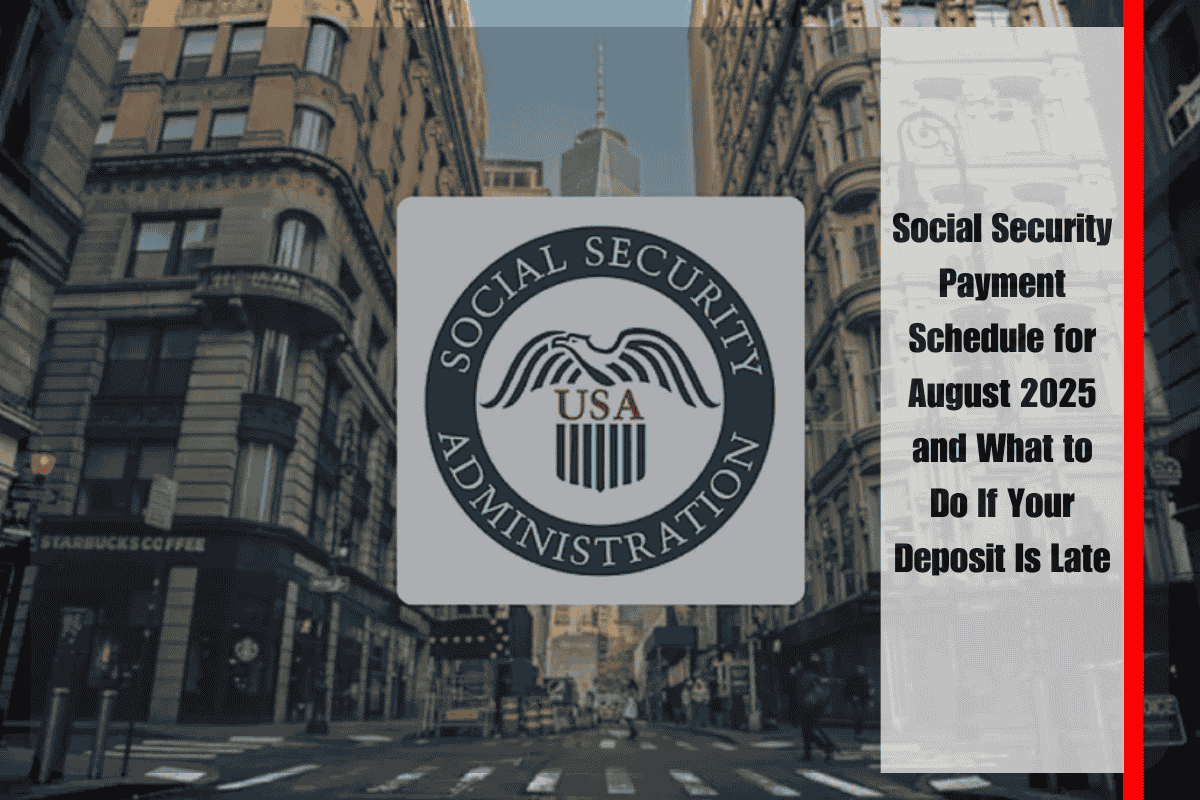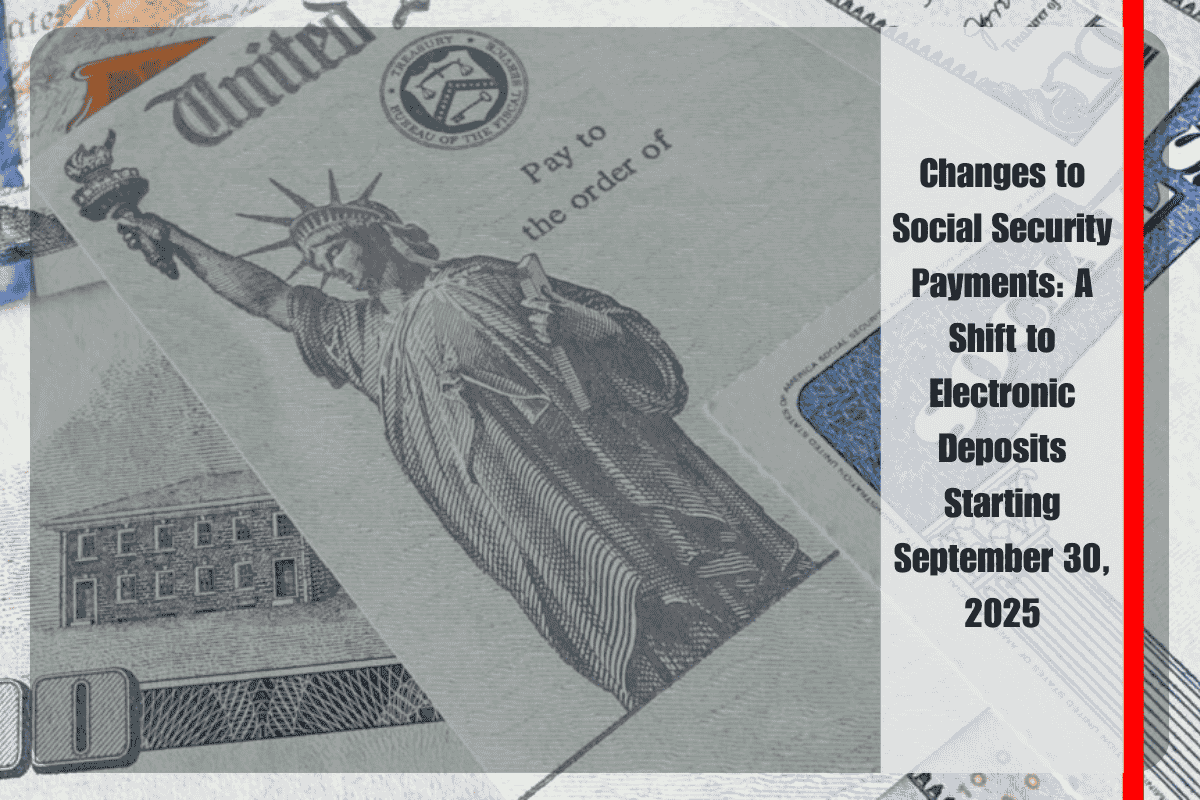The Social Security Administration (SSA) has announced a major shift in its payment system, confirming that, starting September 30, 2025, it will cease issuing paper checks for monthly benefit payments. This transition is part of a broader federal initiative to modernize payment methods, improve efficiency, and reduce fraud risks. Currently, fewer than one percent of Social Security beneficiaries still receive their payments by mail, which makes up about 0.8% of the program’s recipients.
As a result of this change, beneficiaries who currently receive paper checks will be required to switch to electronic payments, either through direct deposit into a bank account or by using the Direct Express prepaid debit card, which is specifically designed for individuals without a bank account. This move is expected to make the payment process faster and more secure, as electronic transactions are significantly quicker than paper checks and are far less likely to be lost or stolen.
The U.S. Department of the Treasury has emphasized the security risks associated with paper checks, citing that they are increasingly targeted by fraudsters. The shift to electronic payments is designed to minimize these risks. According to the SSA, electronic payments are 16 times less likely to be lost or stolen compared to paper checks. This significantly enhances security for beneficiaries, protecting them from theft, fraud, and the inconvenience of replacing missing payments.
In addition to security, electronic payments offer the advantage of speed. Direct deposit or Direct Express card payments are processed quickly, eliminating delays caused by postal delivery or potential mail disruptions. The cost savings for the federal government are also considerable. While issuing a paper check costs approximately 50 cents, processing an electronic transfer costs less than 15 cents. Over time, this reduction in processing costs is expected to save millions of dollars annually.
Although the change applies nationwide, the SSA has stated that there will be some exceptions. Certain beneficiaries may still qualify to receive paper checks under narrowly defined circumstances. However, the process for requesting an exemption has not been widely publicized yet. According to the SSA, paper checks will continue to be issued if a beneficiary has no other means to receive payments.
To switch to electronic payments, beneficiaries can set up direct deposit through their bank or credit union, or they can sign up for a Direct Express card. Payment details can also be updated through a personal My Social Security account online. With the September 30, 2025, deadline approaching, the SSA encourages affected recipients to act promptly to ensure they do not experience disruptions in their monthly benefit payments.
For those who qualify for an exemption, the process involves contacting the Treasury’s Electronic Payment Solution Waiver Line at 1-855-290-1545. Beneficiaries can also print and mail an official form to request a waiver. Waivers may be granted in rare circumstances, such as when electronic payments would cause hardship due to mental impairment, when the beneficiary lives in a remote area without the infrastructure for electronic transactions, or if the recipient is 90 years or older.
The transition to electronic payments is a necessary step toward modernizing the Social Security system, but beneficiaries should act quickly to ensure they are ready for this change before the September 30, 2025, deadline.
